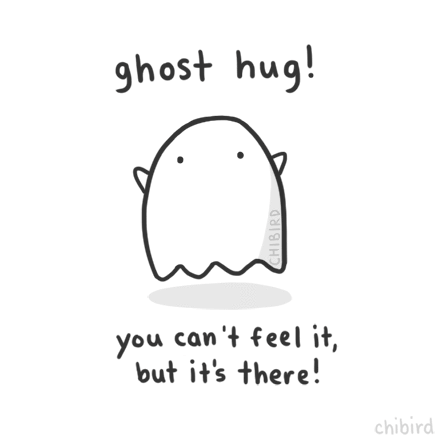Insecurities Scream

The title of this post has haunted my thoughts for the last 3 weeks. The two words combined, say something so simple, so powerful, and so profound, that their depth, makes me shiver.
When I stumbled upon them a month ago (on @memkoh's Instagram profile), they struck me so deeply that I immediately wanted to react. But the more I thought about my reaction, the more I came to appreciate just how deep the phrase really is.
So today, I want to share with you, what I have come to see in my 3 weeks of contemplation.
For the human heart, there is nothing quite so unsettling as insecurity. Of all our emotions, it is the most disturbing, and the most cunning. Disguised as anger, criticism, and over-confidence, insecurities often reveal themselves in the behaviours most alien to their foundations - making them hard to recognize, and remedy.
This is why, I believe that recognising insecurity in ourselves is important, and "knowing" that insecurities scream is crucial. Because a "scream" is a loud piercing cry of extreme pain, and a way to urgently and passionately call attention to ones feelings according to two definitions sourced from my laptop dictionary.
So when you feel insecure, first, recognize that your heart is in pain, and in need of attention.
Second, before you react (if you can), recognize that your first impulse, that is, your first reaction to pain, will be to relieve it.
Whether that means getting upset, becoming dismissive, defensive, or even aggressive, whatever it takes for you to quickly alleviate that emotional pain will be the most tempting action to take.
This is normal, and is to be expected. So if you've succumbed to that impulse before, there's no blame here - and it won't help you to blame yourself. It only means that you are human too.

Third, recognize that pain is merely a symptom… and pain relief is not a cure. While snapping at someone, or pretending to be unbothered, might relieve your discomfort, the underlying insecurity remains untreated - and will rear its head again the next time someone or something touches upon the subject.
These 3 points, if nothing else, are the main takeaways I want you to walk away with from this article. Beyond them, there are many schools of thought on how to deal with your insecurities. Below is mine, for what it is worth.
In my life, I have found that insecurities are like tricky little children, playing hide and seek in the cockles of my heart. They are so well hidden, that I spend most of my days unaware of their presence, and so manipulative that even when someone/something does stumble upon them, they easily convince me that that person/thing somehow "broke the rules", and did something unacceptable.
This feeling, an inexplicable feeling of being "wronged" somehow, is what I have come to identify as my insecurities' scream. When I experience anything that evokes a powerful need to immediately correct/hide a perceived wrong (or wrongness), I know that one of the delicate children in my heart feels threatened.
When such a child starts crying and pointing fingers, there can be no doubt that the child feels hurt, and that he/she feels that the accused should be held responsible. But as with any child, whether before or after rushing to their defence, some important questions must be asked before drawing any conclusions.
This is how it is with my insecurities. They cry out to me like the sensitive children that they are, quick to exclaim the trespass of another, and oblivious to the part their infancy plays in the whole matter. If I take their conclusions at face value, I am misled. But if I examine the emotions carefully, simple truths about myself come to light.
Fears about my ability, competence, personality, and so on. Fears that are sometimes baseless, but mostly base old, because they have not been challenged in some time. A child will believe the boogeyman is under the bed at night until he looks for himself or someone he trusts tells him otherwise; and you will believe what your insecurities say about you until you prove them wrong.
Some people advise ignoring your insecurities, and others advise quelling your reactions, and others still advise throwing yourself into the very situations that fuel your insecurities. Yet, I have found that while each of these has their merits, none of them is a cure all, in all situations - and all of them can be very detrimental if misused.
For at the end of the day, what is important is this:
- That you can recognize the screaming of your heart.
- That you listen attentively to its complaints.
- That you identify their true cause. (Often fear and self-doubt)
- That you compassionately challenge those beliefs.
- That you remain willing to ask for help if and when you need it.
Doing these five things (however you choose to accomplish them), I believe, will inevitably lead you down the road to self-confidence.
N.B. I am not a professional mental health counsellor, so take my advice as you would any layman's. However, if you are seeking some expert advice, here is a great article that covers all the bases, and here's another to cheer you up in times of struggle.